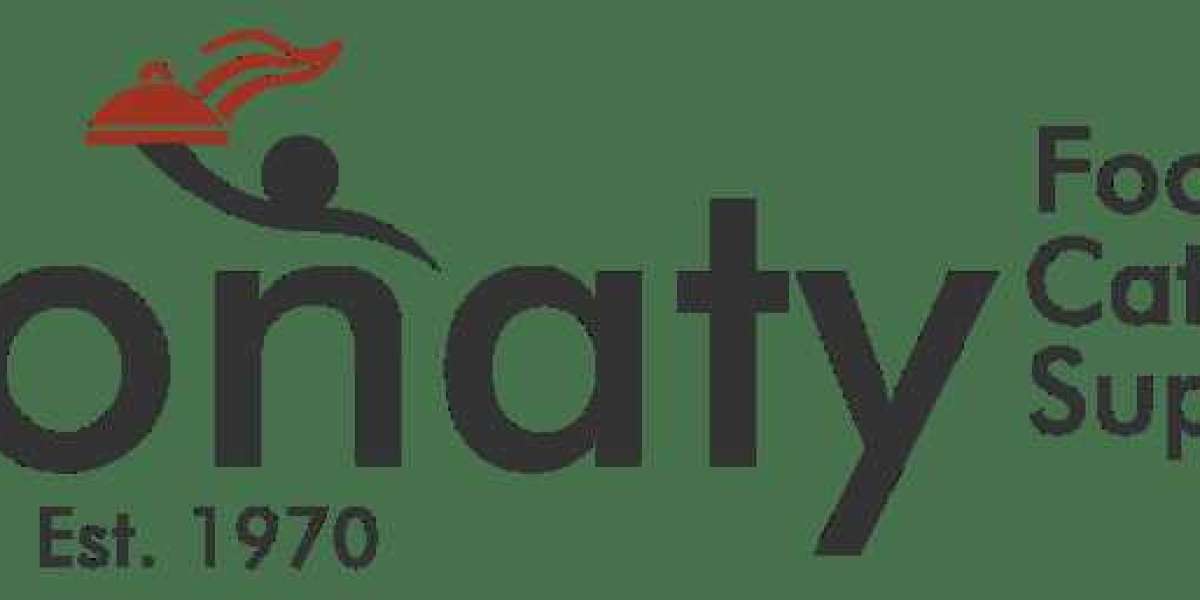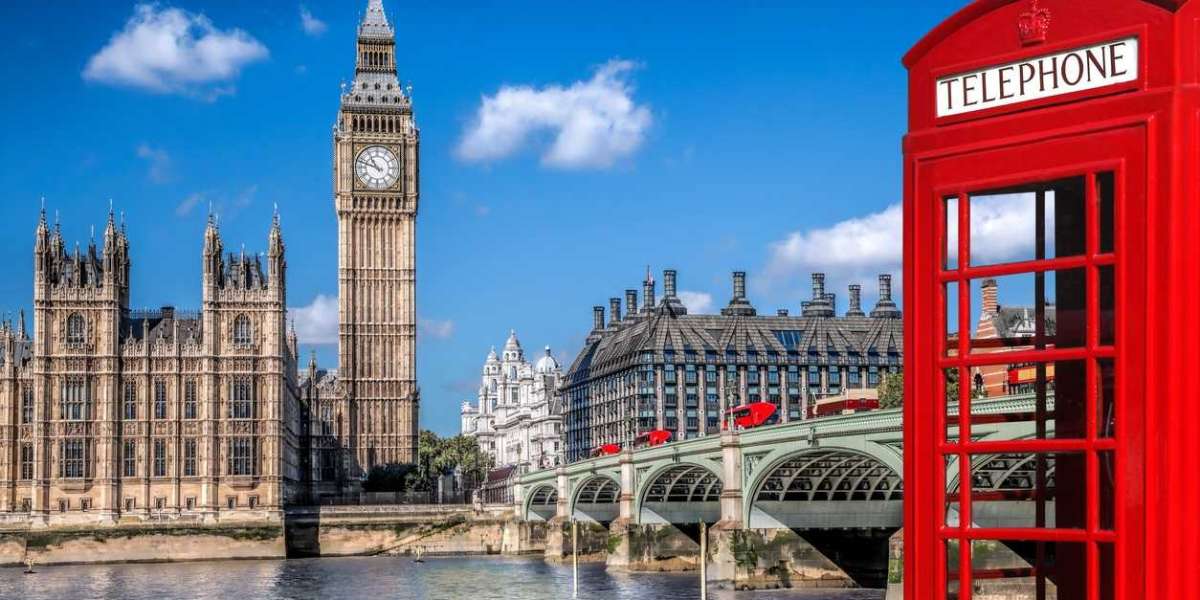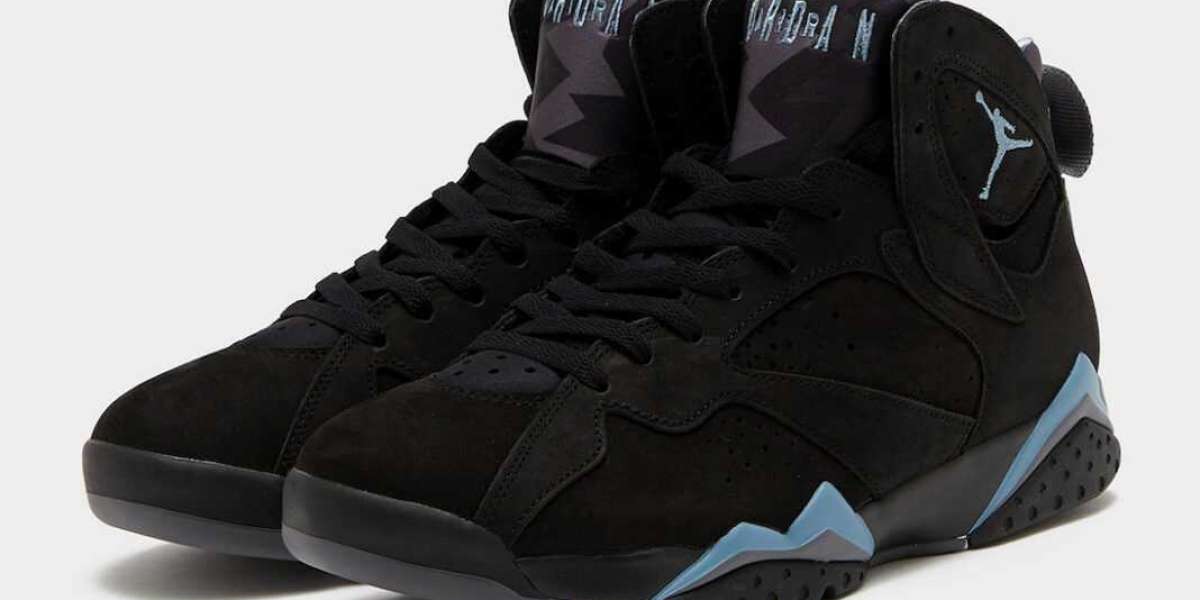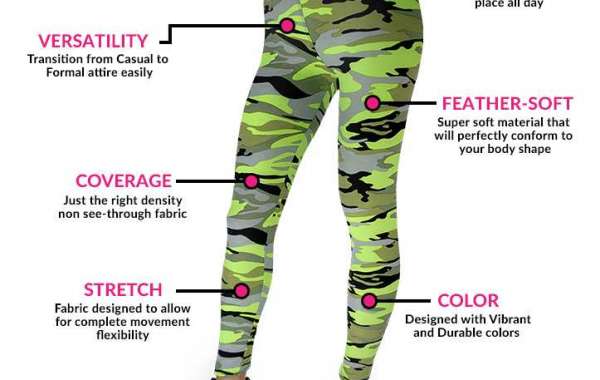Plastics are without a doubt the largest pollutants and environmental issues we are now facing on the globe, along with greenhouse gas emissions and food waste. The recent banning of single-use plastics in Ireland has been a long time coming. Unfortunately, hundreds of millions of single-use trays, cans, containers, are still discarded each day all around the world.
Thankfully, there are many alternatives to these plastic pollutants. Disposable food containers are convenient and a safe, hygienic method to transport food for takeout, but those made of traditional plastics have a terrible impact on the environment. Fortunately, the demand for a sustainable substitute for plastic food containers is becoming more and more evident as the zero waste movement gains momentum and the concepts of a circular economy come to light. The future is BioPak packaging, created from quickly renewable materials.
Here are four takeaway packaging alternatives to plastic that you may use every day to better prepare for Plastic Free 2022.
1. Bagasse Food Packaging
Bagasse is made from sugarcane stalks that have been collected and then crushed to release their juices, which are subsequently processed and converted into sugar. A dry fibrous material is left behind after this operation. Using a heat source and pressure, this material is then moulded into a variety of food packaging goods, such as bagasse takeout boxes, tableware, plates, and bowls.
Food packaging made from bagasse is excellent because, unlike many other materials, it does not leave behind any residue, unpleasant odours, or tastes. The flavour of food and beverages served in bagasse packaging is therefore unaffected by any lingering odour.
Bagasse food packaging is completely compostable and biodegradable, minimising its environmental effects and earning it a reputation as an ecologically friendly product in general. Its production method is also more environmentally friendly since it uses so little energy.
How useful are bagasse materials for food packaging?
Bagasse is great for food and beverage containers, as well as takeout containers and packaging. This material's natural qualities make it particularly effective in the following ways:
• There are no additional chemicals necessary to make the product water and grease resistant.
• Microwave and freezer safe.
• Excellent thermal characteristics. It is microwave and freezer safe and is suitable for temperatures ranging from -25°C to 220°C.
• Strong and long-lasting. The fibrous substance is stronger and more durable than polystyrene and paper items.
• The properties of insulation keep the contents warmer for longer than typical variants.
2. PLA Packaging
PLA is an abbreviation for polylactic acid, which is derived from renewable sources such as sugarcane or maize starch. They are created from plant-based renewable resources. They are also commercially biodegradable and use 68 percent less fossil fuel resources to manufacture than standard plastic. This makes them a more environmentally friendly option than their plastic equivalents. The material has a great combination of translucency, strength, toughness, and process-ability. They are also strong, hold well in beverages, resemble plastic straws, and are thought to be more sanitary due to their single-use nature.
Every year, nearly 500,000 single-use plastic straws are used in Ireland. Plastic can then take up to 500 years to degrade. PLA Straws, as an alternative, provide a lot of advantages.
Some important things to keep in mind before using PLA Straws:
• PLA Straws are made entirely of renewable resources and are both biodegradable and compostable.
• The PLA straws degrade after 12 weeks. 90% of the material will be composted after 6 months.
• PLA Straws should only be used in cold beverages; they should not be used in hot liquids exceeding 120 degrees Fahrenheit.
• They are a handy match for fast-food businesses and other eateries since they can be disposed of and composted with food waste.
3. Bamboo Packaging
The bamboo plant is used to make bamboo packaging. Bamboo plants, contrary to common assumption, are not trees. They are, in fact, members of the grass family. There are about 1,000 distinct species of bamboo that grow all over the world, but primarily in Asia. Bamboo is one of the world's fastest growing plants. Bamboo, like trees, is renewable, yet it grows considerably quicker than hardwood. One species may grow up to 35 inches in one day. It matures and may be harvested in 3-5 years. This growth also does not necessitate the use of herbicides, irrigation, or replanting. This implies less impact and more sustainability.
Bamboo has swiftly established itself as a prominent material in the market for sustainable materials. It is an environmentally beneficial alternative to metal, plastic, hardwood, paper, and cotton. Bamboo has found its way into practically every aspect of our lives, from toothbrushes and clothes to toilet paper and everything in between. It's no wonder that bamboo food packaging is in high demand. Bamboo packaging is a sustainable, biodegradable, and long-lasting choice for the food sector.
What are the advantages of using bamboo products?
It is commonly understood that petroleum-based disposables, such as plastic packaging, are a problem. Despite their renewability, paper goods are not without flaws.
Regular wood takes 30-50 years to grow sufficiently to harvest. Despite this, over 40% of the world's wood is taken for commercial purposes. As a result, societal strife, habitat loss, greenhouse gas emissions, and water pollution are all exacerbated. While recycled paper packaging items are becoming more prevalent, they still necessitate the use of trees. Bamboo packaging is a sustainable and environmentally beneficial alternative to paper, plastic, and everything in between.
4. Bepulp Packaging
Bepulp packaging is created from plant fibre pulp that is destined for trash after harvesting and food manufacturing. It is a natural, plentiful, and renewable resource. Natural ingredients utilised include sugarcane bagasse and maize starch. They are readily formed and completely biodegradable.
Bepulp containers are perfect for salads and meals that have already been cooked. The bowls are ideal for on-the-go dining and catering at outdoor events and festivals. They are not appropriate for soup and sauce-based dishes such as curries, as is the case with the Bagasse series.
Conclusion
By removing plastic from your life, you are not only reducing your personal contribution to trash, but you are also modelling more sustainable living for others around you. Celebrate your accomplishments and help spread the word about how critical it is to rethink our everyday behaviours and what we expect from the businesses we buy from.
Many businesses in Ireland are switching to compostable takeaway packaging. Companies in Ireland like Conaty Food Catering Supplies provide all the previously mentioned alternative forms of packaging and much more. For more information visit Conaty's website by clicking here.
















